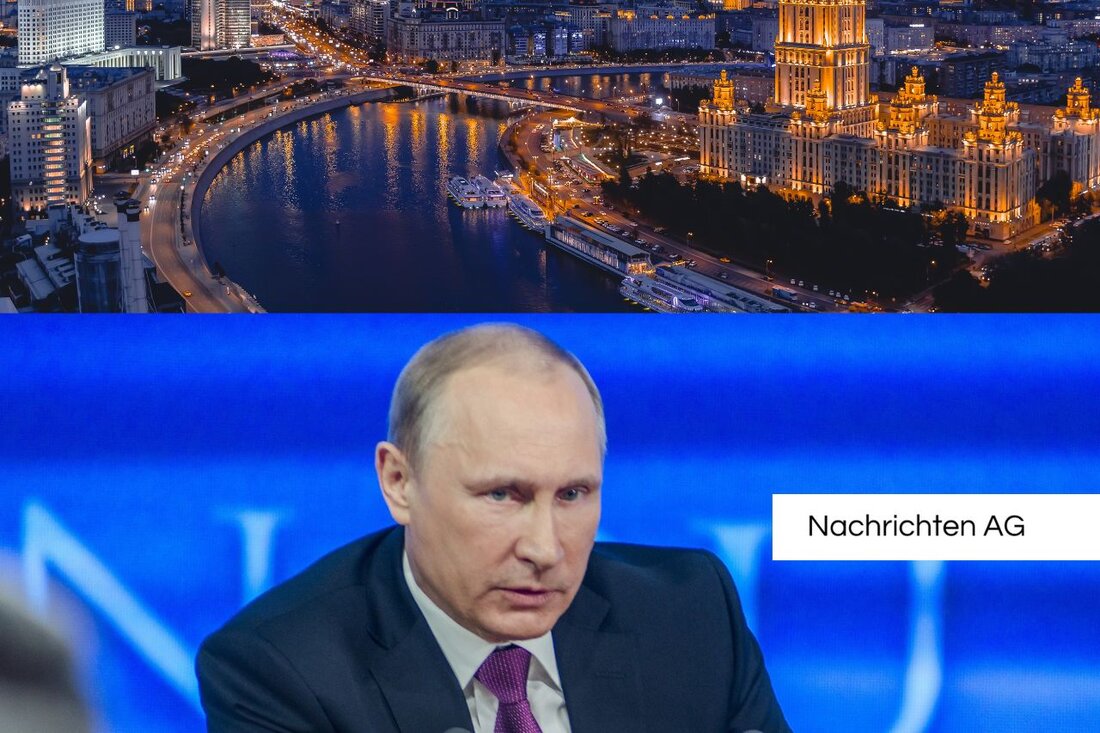Armor's export to Russia: Sanctions by loopholes bypassed!
Armor's export to Russia: Sanctions by loopholes bypassed!
In the middle of the continuing tensions between Russia and the West, new studies show that, despite massive economic sanctions, access to military goods for Russia is not completely interrupted. An investigation by economists from Würzburg, Munich and Princeton deals with trade relationships that have become increasingly dynamic since the beginning of the Ukraine secretary. This study, published under the title "Dodging Trade Sanctions? Evidence from Military Goods," explains that countries that are well -being Russia are exporting armaments across the borders - a fact that, despite the seventeen sanction packages of the EU, has remained alarming since February 2022. According to Universität-wuerzburg.de , the likelihood that such countries will export to Russia to increase by almost 20 percentage points.
The western countries had tried in the past to economically insulate Russia through extensive sanctions and export bans. The aim of these measures was to prevent Russia's access to key technologies for military equipment. However, the study finds that despite these efforts, Western technologies can still be found in the war equipment that are used in Ukraine. An important factor is the role of logistics companies in Russia -friendly countries that intensified the transport of Western goods to Russia after the war.
changed trade relationships
Three years after the Russian invasion in Ukraine, Russia's trade relationships have changed fundamentally. While in 2021 almost half of Russian exports flowed to European countries - mainly in the form of energy products such as crude oil and gas - at the end of 2023 China and India became the most important export markets in Russia. These countries now make up almost 50% of the total exports, with India 33% and China 17%. Before the conflict, the shares of China and India at Russian exports were still below 15% and less than 2%, such as dw.com reported.
The EU drastically reduced its energy imports from Russia: In 2023, European goods only made up almost 15% of Russian imports, which represents a significant decline compared to previous years. The decline in EU imports of Russian crude oil is particularly eye-catching by 90%. At the same time, Russia began to strengthen its dependence on China, both in retail and geopolitical. The exports from China to Russia rose to over 50% of all imported goods in 2023, which further illustrates the new trade dynamics.
international isolation and economic consequences
The political and economic isolation of Russia has now led to more than 12,000 sanctions imposed worldwide, with the majority of the measures aimed at individuals. Over 1,000 companies have restricted their activities in Russia, including large German companies such as Aldi and BASF. These developments lead to a significant decline in foreign trade, with studies by the Kiel Institute for the World Economy and the German Institute for Economic Research to indicate 36% declines in Russian exports and more than 30% in imports; iwd.de confirms the sustainability of these economic losses.
The challenges of enforcing sanctions are increased by the sophisticated strategies that develop some countries to circumvent the sanctions. The study based on Comtrade data shows that sanctions, especially for military goods, were more common in 2022 than 2023. The results make it clear that it is urgently necessary to implement regulations that close the loopholes for third-country countries in order to enforce the trade restrictions and to effectively support the international efforts to insulate Russia.
| Details | |
|---|---|
| Ort | Würzburg, Deutschland |
| Quellen | |


Kommentare (0)